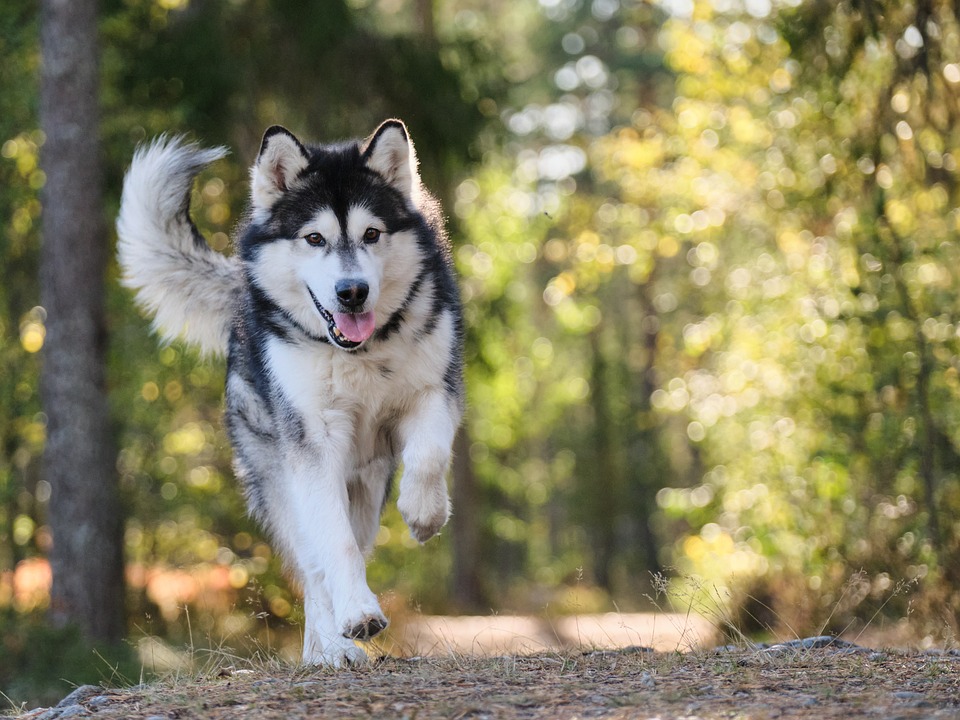Understanding dog behavior is essential for dog owners and professionals to effectively address reactive behavior in dogs. Reactive behavior, such as excessive barking, growling, or lunging towards people, animals, or objects, can be challenging to manage and may cause distress to both the dog and its owner. However, by gaining insight into the underlying causes of reactive behavior, we can implement effective strategies to help our furry friends overcome their challenges and live happier, more balanced lives.
Before delving into reactive behavior, it is important to understand the basics of dog behavior. Dogs are social animals with their own unique personalities, preferences, and communication methods. Their behavior is influenced by a combination of genetic factors, early experiences, and ongoing environmental interactions. Canine communication, socialization and early experiences, and environmental factors all play a role in shaping a dog’s behavior.
Reactive behavior in dogs is often a response to perceived threats or triggers. It is crucial to identify the underlying causes and triggers to effectively address and modify reactive behavior. Common causes and triggers include fear and anxiety, lack of socialization, protective behavior, and frustration or lack of stimulation.
Managing and modifying reactive behavior requires a systematic approach tailored to the individual dog’s needs. Positive reinforcement, desensitization and counterconditioning, and seeking professional guidance are all effective strategies to help address reactive behavior. Reward-based training methods that reinforce desired behaviors can be highly effective in modifying reactive behavior. Gradual exposure to triggers in a controlled and positive manner can help desensitize dogs to their reactive triggers. Consulting with a professional dog trainer or behaviorist who specializes in reactive behavior can provide invaluable guidance.
Some frequently asked questions about reactive behavior include whether it is limited to certain breeds (it can be seen in dogs of any breed or mix), whether it can be completely eliminated (while it may not be possible to completely eliminate reactive behavior, it can be managed and significantly improved), and whether punishment is an effective method for addressing reactive behavior (punishment-based methods can escalate reactive behavior and cause further anxiety or aggression).
In conclusion, understanding dog behavior is crucial for addressing reactive behavior effectively. By recognizing the causes and triggers of reactive behavior and implementing positive reinforcement techniques, desensitization, and seeking professional guidance when needed, dog owners can help their furry companions overcome reactive behavior and lead happier, more fulfilling lives. Patience, consistency, and a deep understanding of your dog’s unique needs are key to success.









